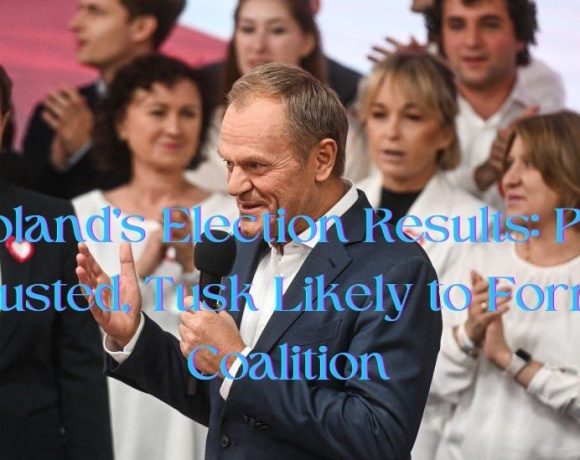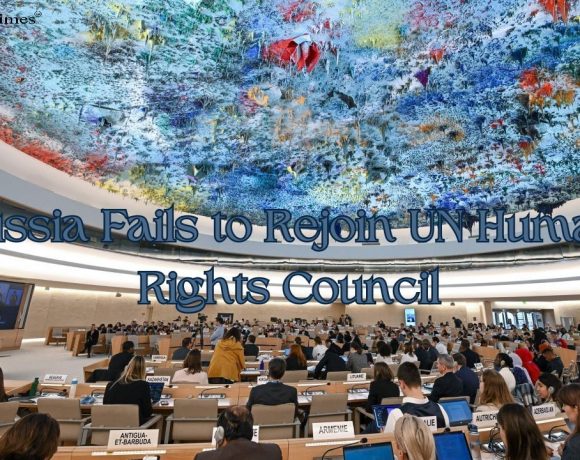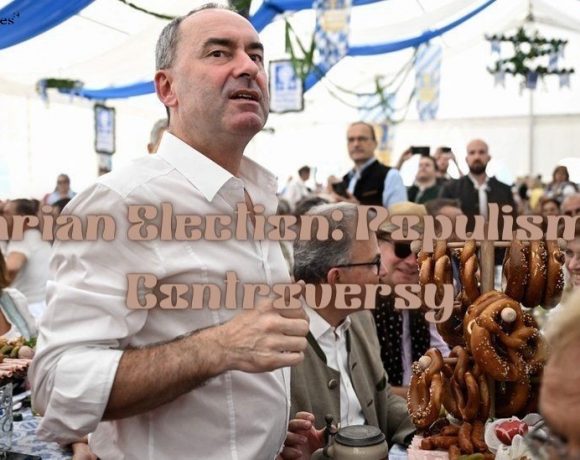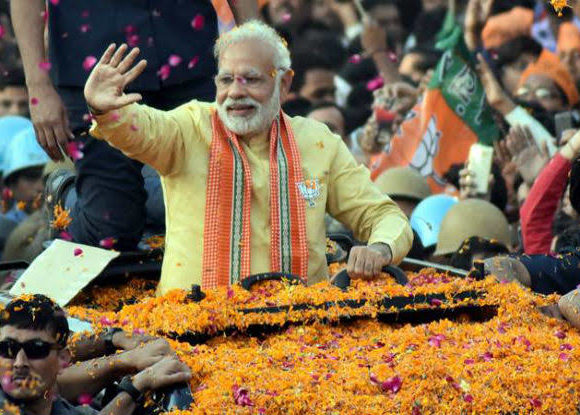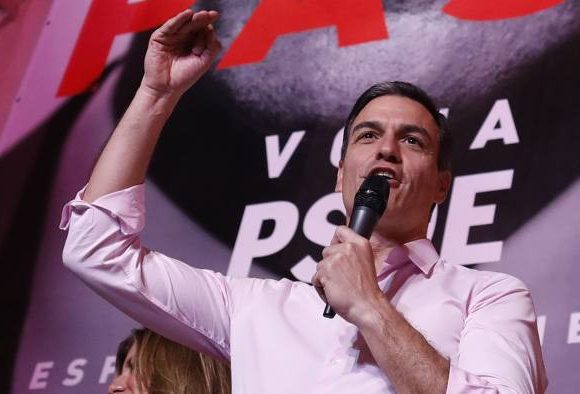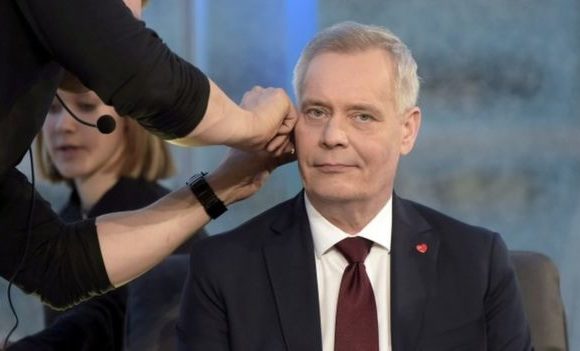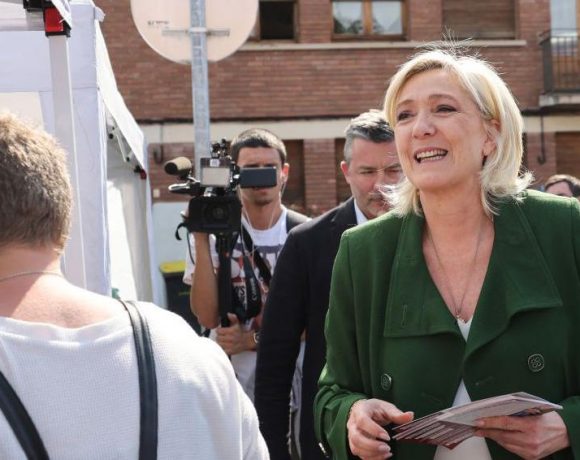
France’s fast-paced election campaign has concluded, and despite last-minute pleas against supporting the far-right, voters seem poised to deliver a historic win for the National Rally (RN) party in parliamentary elections. Prime Minister Gabriel Attal has cautioned that this could lead to increased hate and aggression. Nonetheless, the party led by Marine Le Pen and the 28-year-old Jordan Bardella, who could potentially become the next prime minister, is leading in the opinion polls.
The National Rally has managed to maintain its position despite numerous accusations of racism involving both party members and supporters. The critical question now is whether they can secure an absolute majority in the two rounds of voting over the next two Sundays.
RN is preparing for a significant outcome, with polls showing 36.5% support just before the campaign ended. Their candidates aim to win many seats in the National Assembly outright, but most will be decided in run-off votes on July 7, involving two to four contenders.
A newly formed left-wing alliance, the New Popular Front, is close behind RN with 29% support, while the Ensemble alliance, led by Gabriel Attal, is at 20.5%. Attal describes both RN and the New Popular Front as extreme.
No region of mainland France supported RN more than L’Aisne in the European vote, with over 50% backing. This area already has RN MPs and a National Rally mayor, Franck Briffaut, who sees victory as inevitable, likening it to Giorgia Meloni’s win in Italy.
Briffaut and others in his party aim for an absolute majority in the National Assembly, needing at least 289 of the 577 seats. However, President Macron, who will appoint the next prime minister, has indicated he will remain in office until his term ends in 2027.
Jordan Bardella is pushing for an absolute majority and has hinted at a “government of national unity.” He has suggested including former conservative leader Eric Ciotti, despite his alienation from most colleagues. This raises questions about potential power-sharing with President Macron, which could lead to a difficult political landscape.
Interior Minister Gérald Darmanin has warned of possible unrest from both the ultra-left and ultra-right following the elections. In the northern town of Soissons, which has an RN MP, locals remain skeptical of RN’s impact, despite the party’s rebranding efforts.
RN’s platform includes “National priority,” which limits social welfare to French citizens, alongside tax cuts and restrictions on strategic jobs for dual nationals. This has raised concerns among some, especially in diverse communities.
The outcome of this election could significantly impact French politics, with the possibility of RN gaining substantial influence in the National Assembly.
Picture Courtesy: Google/images are subject to copyright


